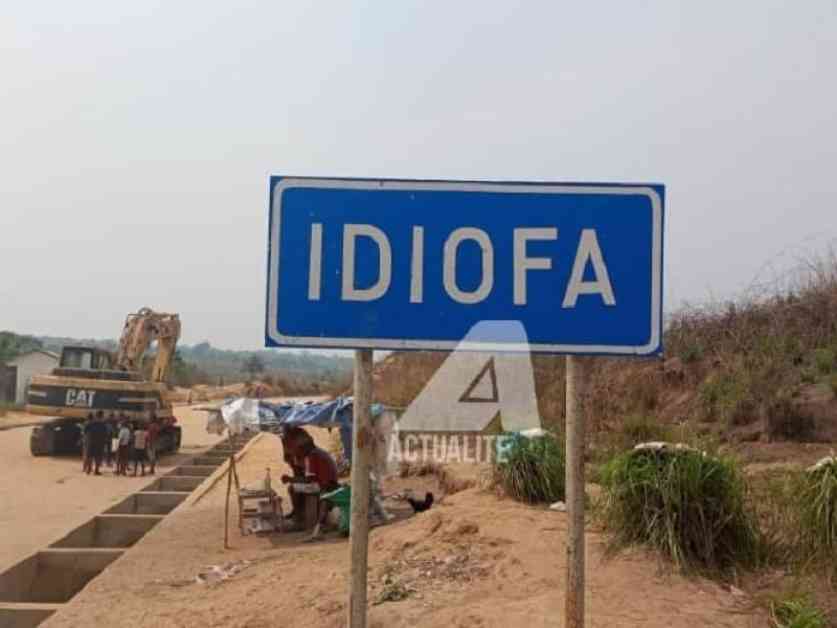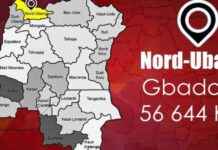In a surprising turn of events within the public administration of the Kwilu province, the territorial administrator of Idiofa has made a bold move. In a recent announcement, the administrator revealed the cancellation of the collective assignment commission for the mayors and deputy mayors of the rural communes of Idiofa, Mangai, and Dibaya-Lubwe. This decision, signed by the governor on February 3, 2025, was deemed invalid by the administrator, citing a lack of consultation and proper authority.
The administrator’s statement emphasized the importance of following due process and competent procedures in such matters. He went on to instruct the previous authorities of these entities to retain their positions, explicitly stating that no transfers or reassignments would be authorized at this time. While the provincial government has yet to issue an official response to this development, insider sources suggest that the provincial leadership may have backtracked on the initial decision to implement the commission.
It is rumored that the territorial administrator of Idiofa has been summoned for a consultation in Bandundu, the provincial capital, to provide further clarity on the situation. A correspondence from the provincial territorial inspection of Kwilu on February 4 urged the interim governor to postpone his decision, arguing that it may have been made in defiance of official directives. The inspection stressed the interim governor’s role in managing day-to-day affairs and advised seeking guidance from higher authorities for major decisions.
Expert Insights and Analysis
To gain a deeper understanding of the implications of this administrative upheaval, we turned to Dr. Marie Claire, a political analyst specializing in governance and public administration. According to Dr. Claire, the conflict between the territorial administrator and the interim governor reflects broader challenges within the provincial administration.
“In cases like these, where there is a clash of authority between different levels of governance, it is essential to uphold the principles of transparency, consultation, and adherence to legal frameworks,” Dr. Claire remarked. “Failure to do so not only undermines the credibility of the administration but also disrupts the effective delivery of public services to the citizens.”
Dr. Claire highlighted the need for clear communication channels and collaborative decision-making processes to prevent such conflicts from arising in the future. She emphasized the importance of respecting established protocols and engaging in constructive dialogue to resolve differences and uphold the rule of law.
Community Response and Implications
The news of the territorial administrator’s decision has sparked mixed reactions among the residents of Idiofa and the surrounding areas. Local community leaders expressed concerns about the potential impact of this administrative dispute on the stability and governance of the region.
“We rely on our local authorities to ensure the smooth functioning of our communities and address our needs effectively,” said Mama Annette, a community elder. “Any disruptions or uncertainties in the leadership can create confusion and hinder progress in our development initiatives.”
The uncertainty surrounding the future leadership of the affected communes has also raised questions about the continuity of essential services and infrastructure projects. Residents are eagerly awaiting further updates from the provincial government to clarify the situation and provide reassurance regarding the governance of their communities.
As the situation continues to unfold, it remains crucial for all parties involved to prioritize dialogue, collaboration, and respect for established procedures to navigate this administrative challenge successfully. By upholding the principles of good governance and transparency, the provincial administration can rebuild trust and ensure the effective delivery of public services to the citizens of Kwilu province.

















